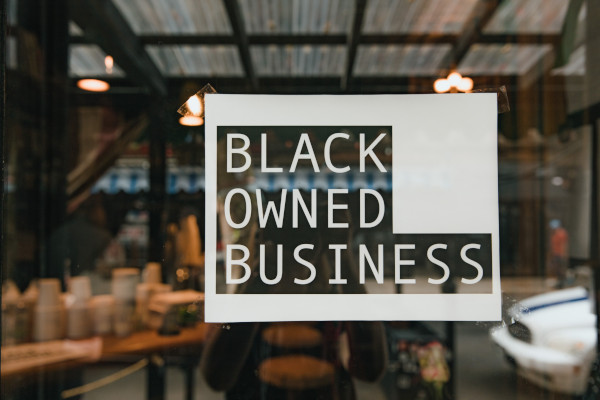Even as companies push initiatives to promote diverse supplier programs, many companies are still falling short, and it puts procurement and sourcing professionals in a bind.
A new report from supplier.io, a provider of data and analytics, found that while $1.4 trillion is spent annually on diverse suppliers, the top 10 diverse suppliers received 17% of all diverse spend. The 2023 Supplier Diversity Benchmarking Report tracked actual supplier spend across 466 companies in 15 industries to compile the results.
Diverse spend was defined as “certified diverse spend” from suppliers that have an industry recognized certification that can be confirmed. Self-certified suppliers were not included in the analysis.
The report noted that companies that wanted to support diverse suppliers but included small businesses in their reports received mixed results. In all spend, the report found that 3.6% was spent in certified diverse suppliers across all industries, but when small businesses, which may not be diverse businesses, are included, that figure jumps to 7.5%, potentially leading to misleading results for companies invested in diverse suppliers.
“Accurate and detailed benchmarking is critical to help us all get better and grow our supplier diversity programs. Detailed analysis and actionable insights identify a number of ways organizations can improve, building on the successes of peers across industries,” said Aylin Basom, supplier.io CEO. “We’re thrilled to share our first annual Supplier Diversity Benchmarking Report, which analyzes actual spend and empowers companies to tap into new opportunities to make meaningful improvements in supplier diversity.”
By category, the average spending each category were as follows:
• Small business: 4.2%
• Women-owned: 1.3%
• Minority-business enterprise (MBE): 1.1%
• Veteran-owned: 0.2%
• Disabled-owned: 0.1%
• LQBTQ-owned: 0.1%
The survey found that 80% of companies have less than 5% of their purchases with diverse suppliers, which can lead to missed opportunities to develop new suppliers and diversify the supply base to avoid system shocks.
Certain industries, Supplier.io found, are more likely to leverage diverse suppliers. For instance, the energy industry spends about 9% on diverse suppliers, which the high-tech industry is at 8%, both more than double the overall average. On the other end of the spectrum is the food and beverage and retail industries, spending 1.6% and 2.1% respectively.
When supplier.io looked at best-in-class performers, the spend was even greater. Best-in-class businesses in energy spent an average of 27.8%. High-tech best-in-class performers were at 19.2% and education at 12.2%, far above that sector’s 4.2% overall spend.
Supplier.io noted that benchmarking diversity spend is important for businesses to help them understand opportunities. For instance, looking at several commodity categories offer leaders a clear vision of their diverse supplier spend. Companies in construction (9%), admin and support services (8.6%), and educational services (8%) achieve the highest spend on specific products and services with diverse suppliers, whereas companies in arts, entertainment and recreation (2.3%); healthcare (2%); and manufacturing (2.5%) present the greatest opportunity to invest more in commodity areas.
The report also broke down each diverse group into where opportunity might lie. For instance, companies spend the most with MBE businesses that provide professional, scientific and technical services (5.8%) or educational services (5.6%). But transportation and warehousing (0.98%) tend not to favor MBEs.
Supplier.io advised companies to leverage benchmarking to assess the true health of their supplier diversity program, to look for clear growth areas within their industry, and identify ways to grow by looking at firms outside their industry.
SC
MR


More 3PL
- Orchestration: The Future of Supply Chain
- February and year-to-date U.S. import volume is solid, reports S&P Global Market Intelligence
- 2024 retail sales forecast calls for growth, says National Retail Federation
- ISM reports another month of services sector growth in February
- February manufacturing output declines, notes ISM
- How to Create Real Retailer-Brand Loyalty
- More 3PL
Latest Podcast

 Explore
Explore
Topics
Procurement & Sourcing News
- Israel, Ukraine aid package to increase pressure on aerospace and defense supply chains
- How CPG brands can deliver on supplier diversity promises
- How S&OP provides the answer to in-demand products
- There is still work to do to achieve supply chain stability
- Blooming success: The vital role of S&OE in nurturing global supply chains
- How one small part held up shipments of thousands of autos
- More Procurement & Sourcing
Latest Procurement & Sourcing Resources

Subscribe

Supply Chain Management Review delivers the best industry content.

Editors’ Picks




